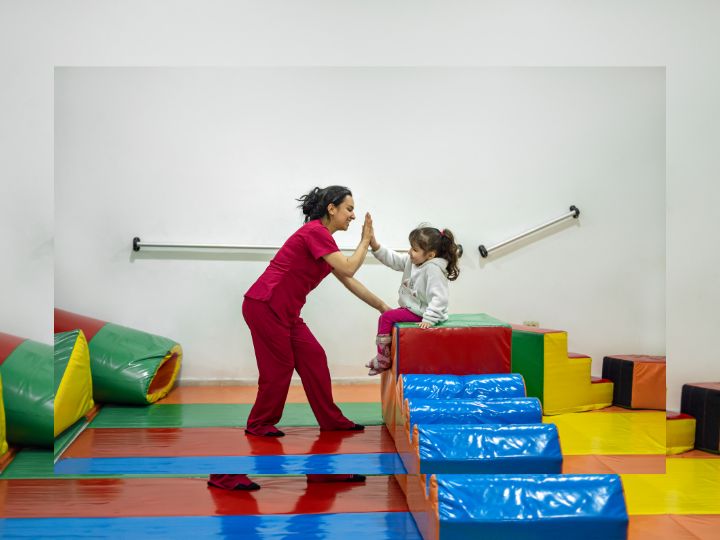For children on the autism spectrum, challenges with communication, sensory processing, and daily routines can often lead to frustration and low self-confidence. That’s where occupational therapy for autism plays a vital role. More than just helping with motor skills or behaviour, occupational therapy supports emotional well-being and helps build a strong sense of self-worth.
When children feel capable, understood, and supported, their confidence grows. Occupational therapists work closely with children to help them overcome everyday obstacles and celebrate progress, whether big or small.
Understanding the Link Between Ability and Self-Esteem
Self-esteem develops when children feel successful in their environment—at home, school, and social settings. However, children with autism often face difficulties in areas that come naturally to others. Struggles with handwriting, dressing, eating, or interacting with peers can affect how they see themselves.
Occupational therapy for children with autism addresses these difficulties directly. By teaching practical life skills in a way that’s tailored to each child’s needs, therapists give kids the tools to succeed—and that success feeds directly into self-esteem.
Achieving Small Wins That Make a Big Difference
Confidence is built one step at a time. Whether it’s learning how to tie shoelaces, express emotions more clearly, or stay calm in overwhelming situations, each milestone counts. Occupational therapists break goals down into achievable tasks and celebrate every success along the way.
This approach helps children feel empowered and capable. As they gain more independence in everyday activities, they start to believe in their own abilities. Occupational therapy for autism provides consistent support in a safe, encouraging environment—something that children thrive on.
Encouraging Social Participation and Connection
Children with autism may struggle to engage in social situations, which can make them feel isolated or misunderstood. Occupational therapy includes social skills development, helping children navigate friendships, group play, and communication.
Therapists use structured activities to support emotional regulation and peer interaction. The goal is to reduce anxiety and increase a child’s willingness to participate socially. Over time, this builds both social confidence and self-esteem.
Looking into therapeutic support for autism through occupational therapy opens the door to stronger relationships and a more positive self-image.
Supporting Sensory Needs to Improve Confidence
Sensory sensitivities can be overwhelming for children on the spectrum. Loud noises, bright lights, or certain textures may cause distress and withdrawal. This can affect how a child feels in public spaces or classroom settings, leading to feelings of insecurity.
Occupational therapy helps children understand and manage their sensory responses. Therapists design sensory-friendly routines and provide strategies for coping in different environments. When children feel more comfortable and control of their surroundings, their confidence naturally improves.
Parents often notice that after a few sessions of occupational therapy for autism, their child seems calmer, happier, and more open to trying new things.
Empowering Families to Build Confidence at Home
The role of occupational therapy extends beyond the clinic. Therapists guide parents and caregivers with strategies to support their child’s development at home. Simple routines, positive reinforcement, and understanding emotional triggers all build a child’s self-worth.
Children feel supported and accepted when families are equipped with the right tools. This consistency helps reinforce the skills learned during therapy, making the child feel safe and confident in their daily life.
Final Thought
Self-esteem isn’t something that happens overnight—it’s built through everyday experiences, support, and success. Occupational therapy for autism creates a space where children can learn, grow, and feel good about themselves. With each goal achieved, they gain more confidence in their abilities and a stronger belief in their potential. If you’re seeking a way to support your child emotionally and developmentally, occupational therapy is not just helpful—it’s essential. Learn More!









